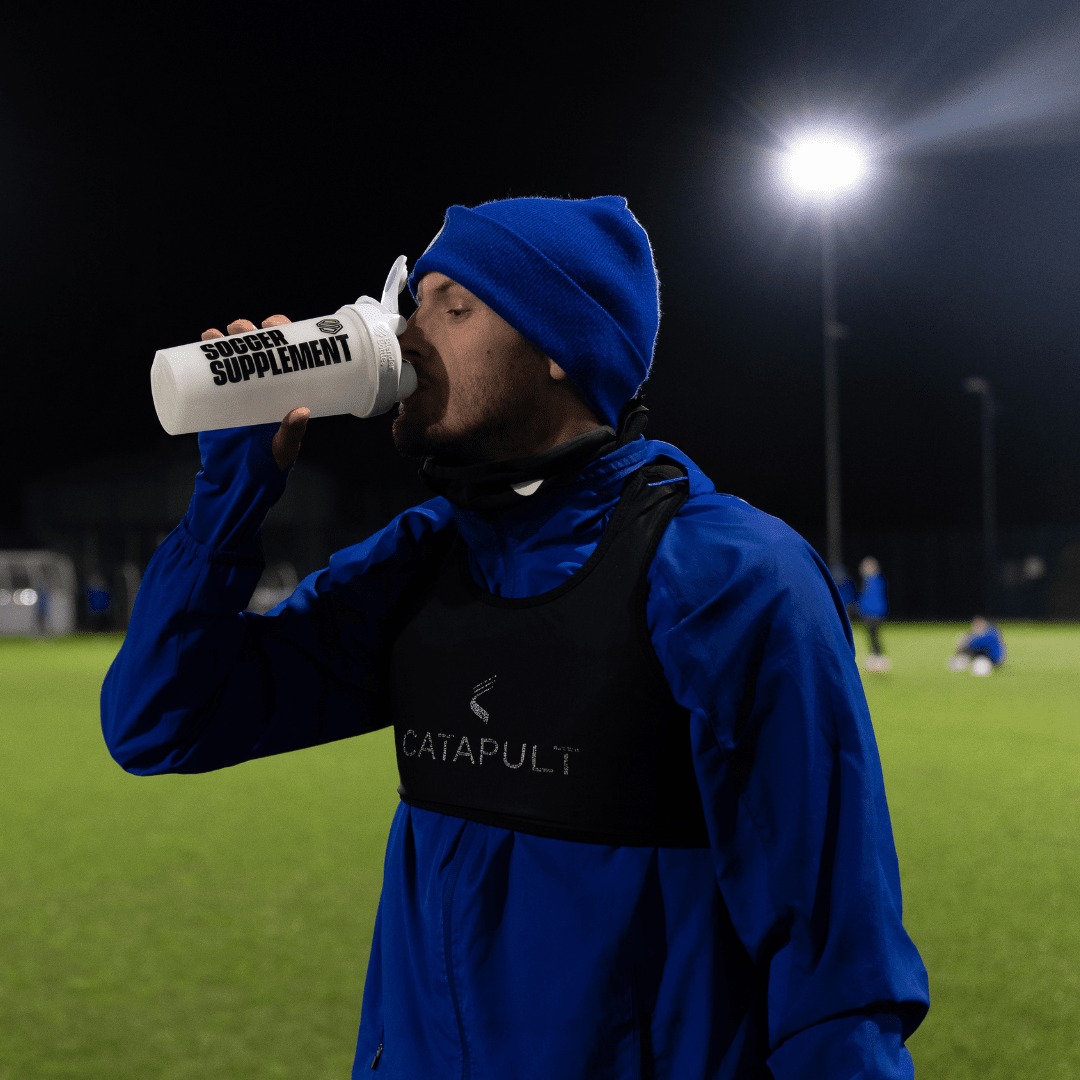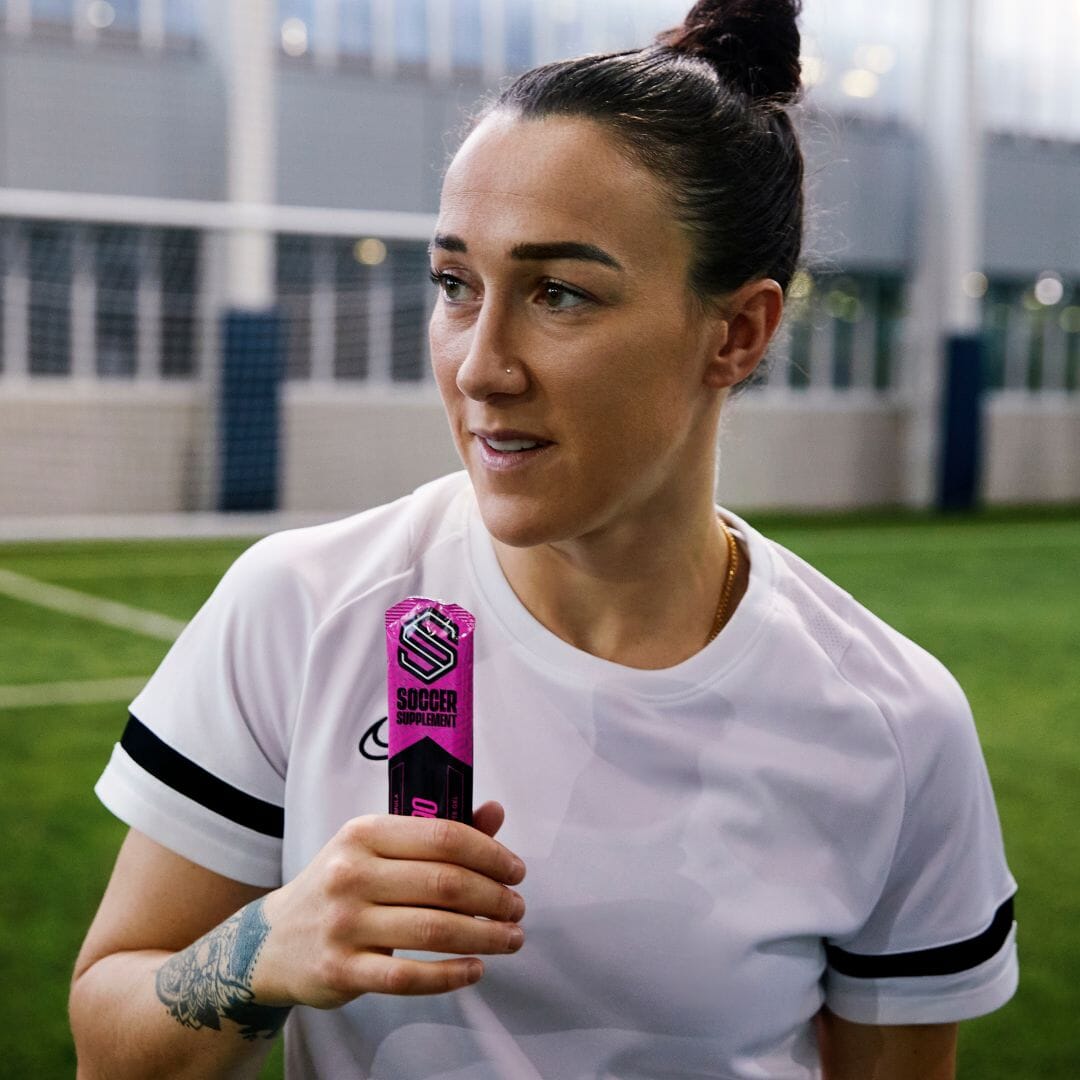Physical excellence in football is more important than ever.
In the heat of competition, a physical edge can be the difference between winning and losing. That’s why modern footballers take care of every detail to give themselves the best chance of success.
Nutrition is crucial to achieving peak physical performance. What you put into your body is what you get out of your game, and one supplement is being increasingly adopted by elite and amateur footballers: probiotics.
What are probiotics?
Probiotics are good bacteria and yeasts found naturally in your gut, and in certain foods and supplements. They improve gut health, provide immune system support and deliver other benefits for the body and brain.
Yogurt with live cultures and kefir (a fermented milk drink) are the most common probiotic-rich foods, while there are a selection of probiotic supplements now on the market.
Probiotics should not be confused with prebiotics, a form of dietary fibre which feeds probiotics and also contributes to improved gut health.
What do probiotics do?
This is all about the gut microbiome, the term for the trillions of bacteria, viruses and fungi which control gut health. The number of bacteria in the gut is ten times the number of cells in the body, so it’s no surprise that things can sometimes become unbalanced.
Probiotics improve gut health by establishing the natural balance of bacteria in the gut microbiome. When probiotics are taken, they compete with and evict harmful bacteria. Additionally, they can help immune systems to better fight infections and aid the digestion of fibre by producing acid compounds for the lining of the gut.
Improved gut health ultimately leads to better physical and mental wellbeing.
The benefits of probiotics for footballers
Probiotics can be a key part of a footballer’s preparation, fuelling and recovery routine.
Studies show that probiotics provide athletes with a range of secondary health benefits, including better general health, improved gut health and boosted immune system support. Immune systems which have been suppressed by athletic training can also be restored with the help of probiotics.
Other research has demonstrated that probiotics can ease protein digestion, allowing for greater rates of muscle rebuilding. This supports footballers to more quickly return to optimal physical levels.
Probiotics have also been shown to boost mental health in professional footballers, with supplementation capable of reducing the psychological disorders which can follow from intense training and competition.
The message is getting out there: Premier League clubs and professional athletes, including Harry Kane, Lucy Bronze and Paulo Dybala, are all turning to probiotics.
When should you take probiotics?
Footballers should consume one probiotic-rich snack or meal, or one probiotic supplement alongside a meal, per day to support the gut microbiome and improve gut health.
Probiotics are best taken after physical exercise.
What are the best probiotics?
There are a number of probiotic-rich foods good for gut health. In addition to yogurt with live cultures and kefir, footballers can also try kimchi (a Korean dish of fermented cabbage) and kombucha (a fermented black or green tea drink).
There is also a selection of probiotic supplements now available, including Soccer Supplement’s Probiotic capsules. Our supplement contains the good bacteria Bacillus Coagulans, which helps digest food, produce vitamins and enhance metabolism and immune responses.
When used as part of a healthy, balanced diet, probiotic supplements can help footballers unleash their full potential on the pitch. Just ask the pros.










